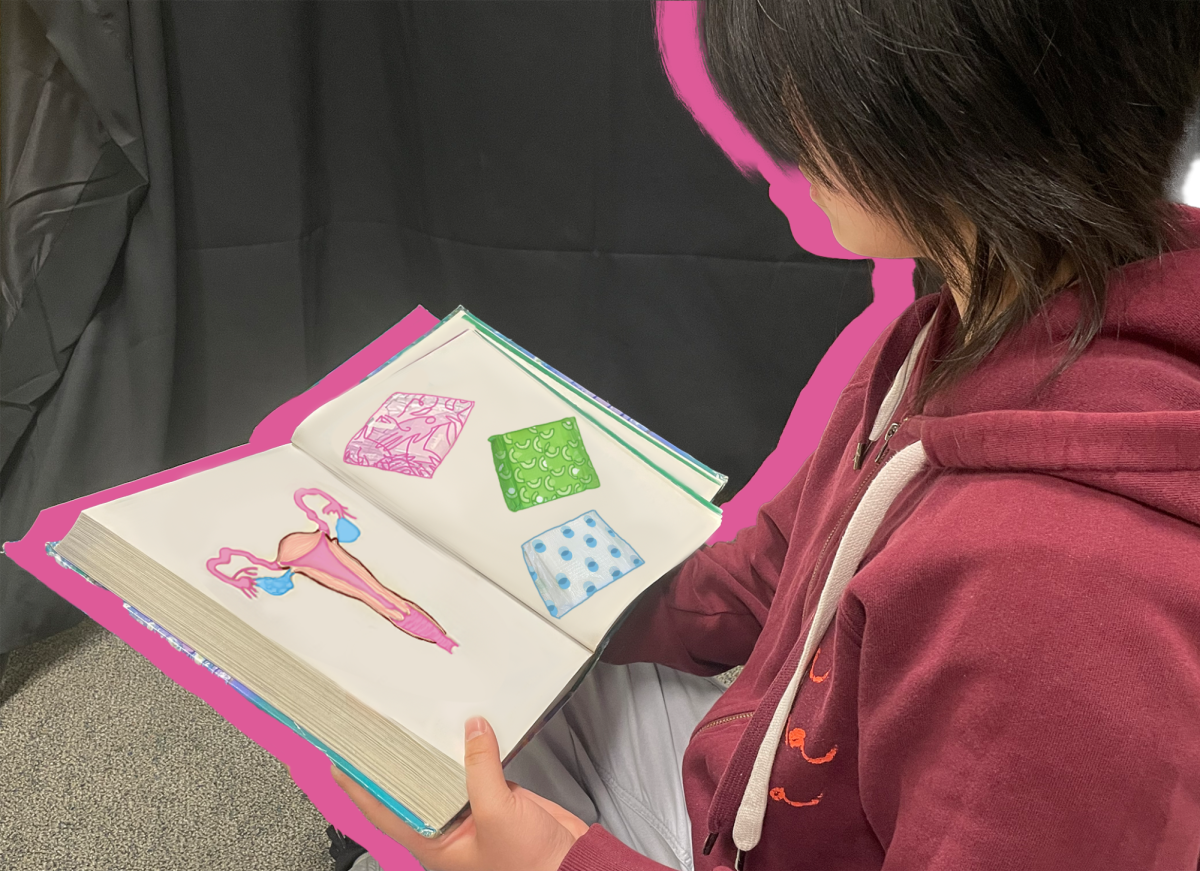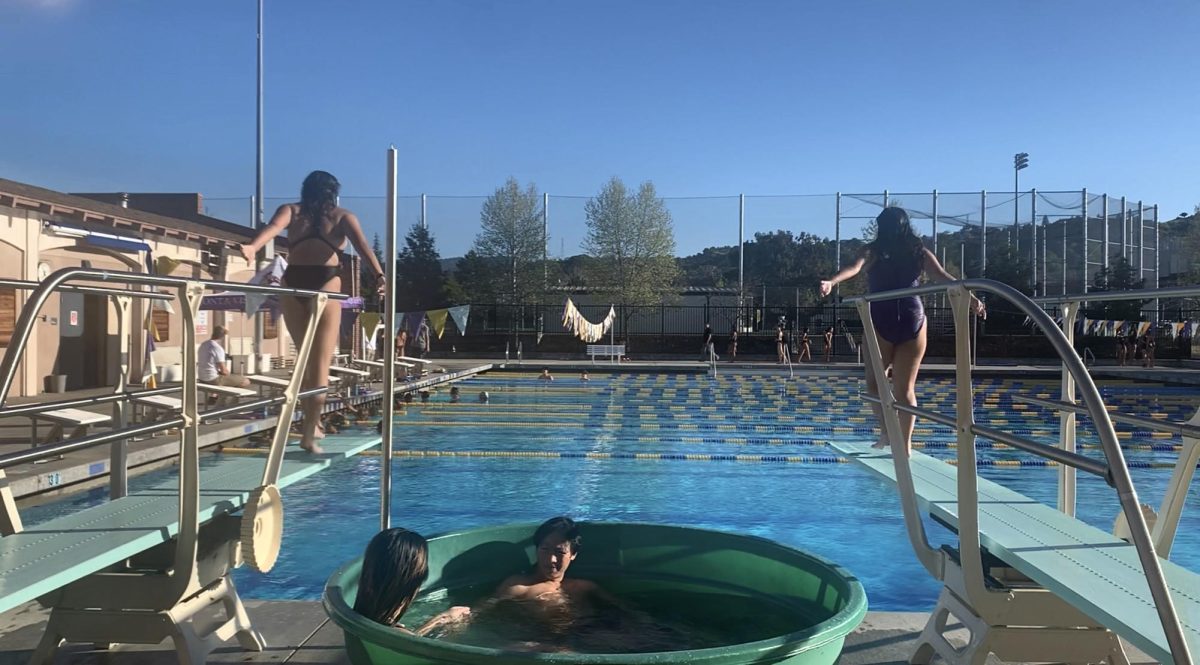Math homework is hard to fake. There are odd answers in the back of the textbook, but for most assignments, a few lines of work and occasionally a diagram are required for each problem. There is no math workbook with fill-in-the-blank drawings and matching games that students can fill out during lunch with a list of formulas open next to them. Math homework is difficult to complete without general understanding, but the same cannot be said of foreign language.
Scribbling answers into a Bienvenidos or Bon Voyage workbook right before class will earn students full credit on their homework for the day, but completing assignments should not be the goal.
Memorization may result in good grades, but rote learning reduces the long-term benefits present in immersion language learning. Immersion is all about context. If reading a flash card with a foreign word on one side and its English equivalent on the other is memorization, immersion would be reading the word in a sentence. While flipping through flash cards is fine practice before a test, context builds a solid foundation to speak and understand the language.
“When we’re learning, using context is extremely important because that’s how we learned our first language,” French teacher Melanie Barker-Lhomme said. “When we’re babies, we pick up words because they’re relevant and we associate them with an experience or a need.”
Foreign language classes expose students to culture that they otherwise might not see.
Culture and customs provide a background or vocabulary, which aids in immersion and understanding. When Spanish students learn about Encierro, Running of the Bulls, they will form a connection and better remember the verb encerrar, to enclose.
Furthermore, language-learning — another primary objective of these classes — involves looking at complete ideas rather than individual words. The skills that we learn in these classes should be applicable to any other language we choose to learn. When students learn effectively by studying sentences as a whole, the ability to converse follows.
Colleges require or recommend a few years of a language, but fluency can be beneficial long after graduation. Bilingualism increases job opportunities to include careers in communication such as travel and tourism, and careers in the global job market. A 2005 MIT study reported that college graduates who speak a second language earn 2.8 percent more than those who only speak one.
A major issue with memorization is viewing other languages as a translation of English. They are not. There are nuances and distinctions in different languages that are not exact translations and cannot be translated as so.
L’esprit de l’escalier” is a French term that describes thinking of the perfect comeback too late. This directly translates to “staircase wit”, and while we can imagine someone walking down stairs after an argument, the idiom is unique to the language.
Practicing dialogues and orals may seem like more work than blindly copying vocabulary words, but we should pause to realize and appreciate the long-term benefits of immersion in foreign language classes, rather than the short-term benefits of remembering words for an assessment.



















